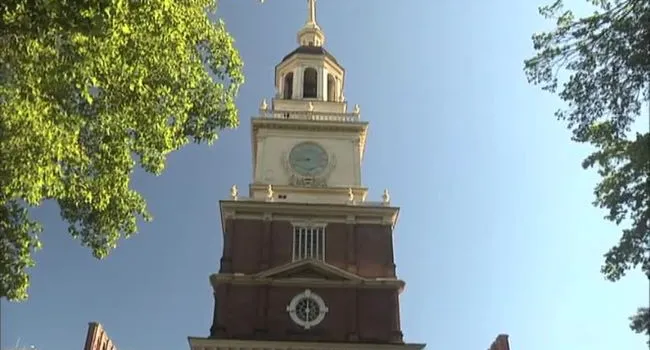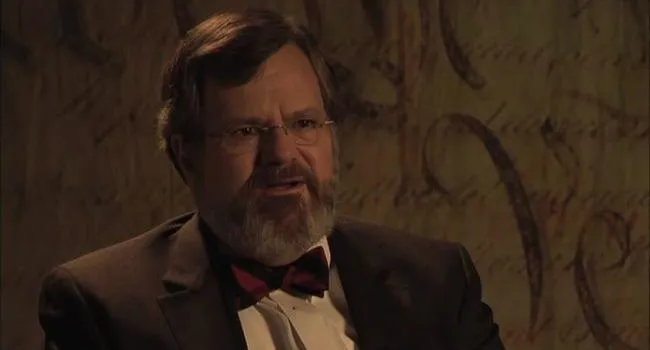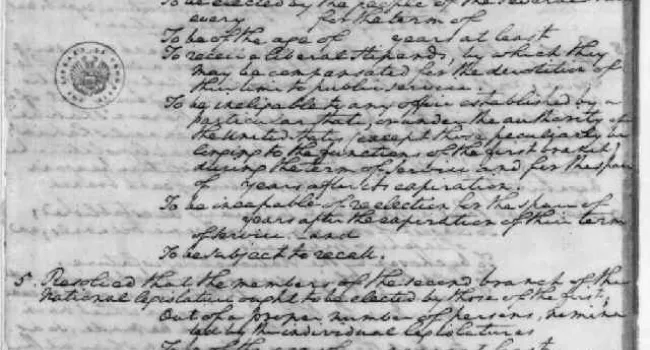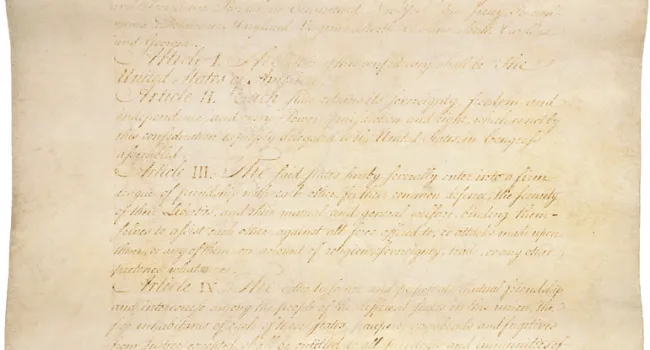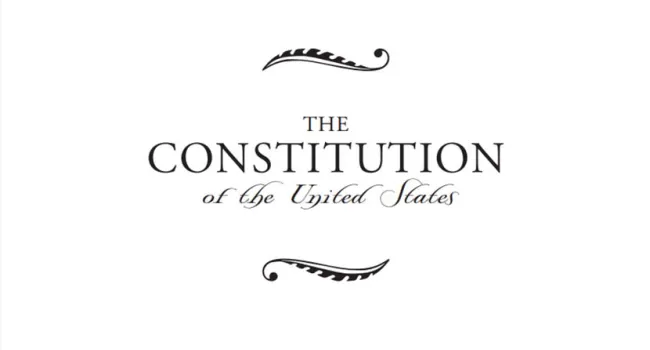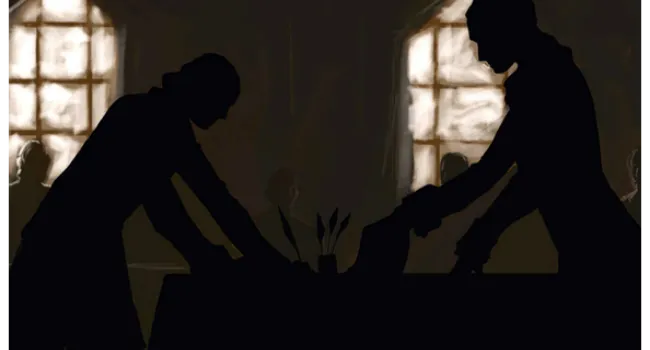When Charles Pinckney left office in 1823, he had devoted 42 years to public service. The following year, he passed away, and is buried in St. Philip's Episcopal Churchyard in Charleston. In 1830, 11 years after John Quincy Adams published his record of the Constitutional Convention, James Madison disputed the authenticity of the Pinckney Draft. This question has been debated for 200 years.
In 1861, during the Civil War, the great fire consumed the city of Charleston, and with it the Pinckney House at 16 Meeting Street, and the collection of manuscripts contained within all perished.
At the turn of the century, two historians were working on the history of the Constitution. Independently of each other, they discovered in James Wilson's papers (a delegate from Pennsylvania) the document that Charles Pinckney allegedly presented that day.




